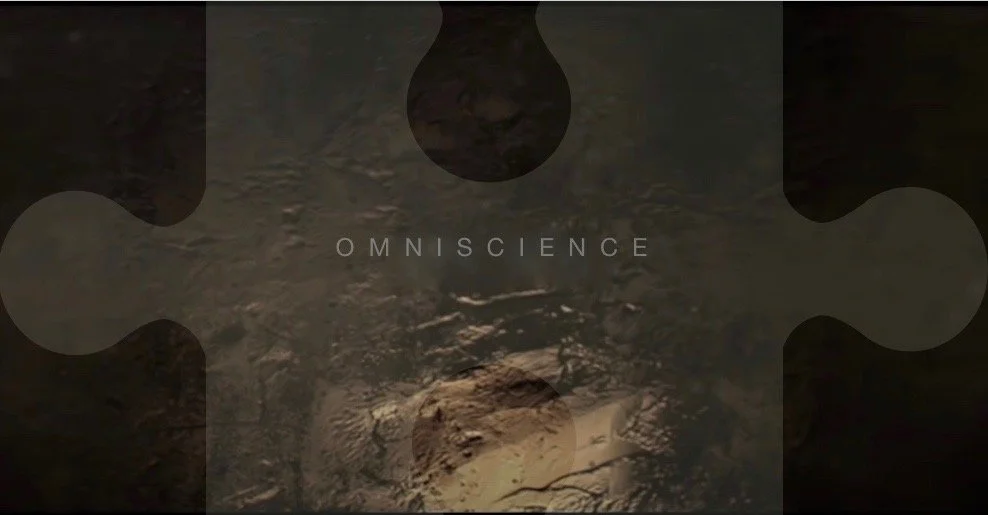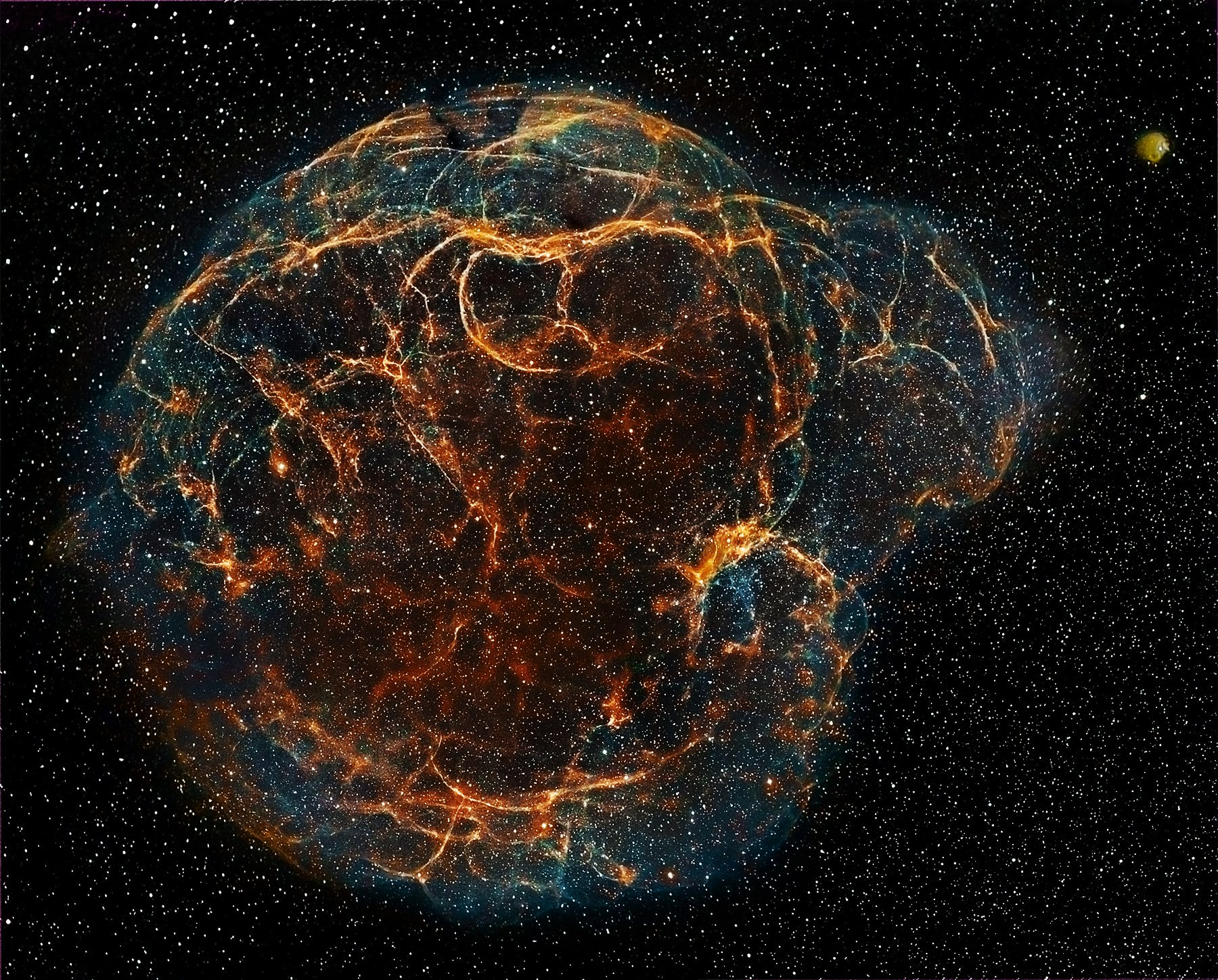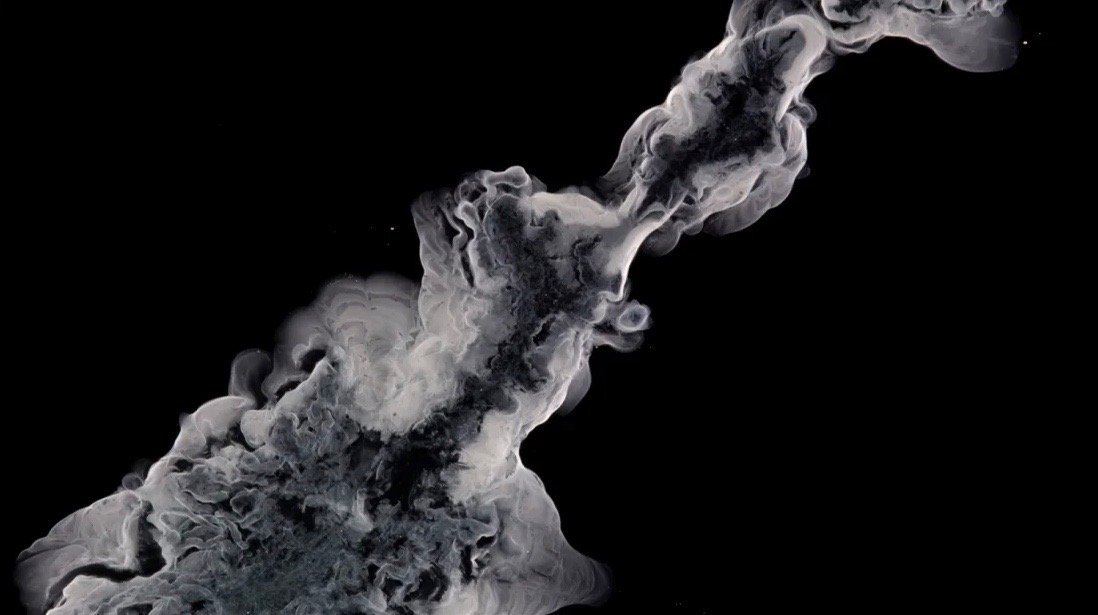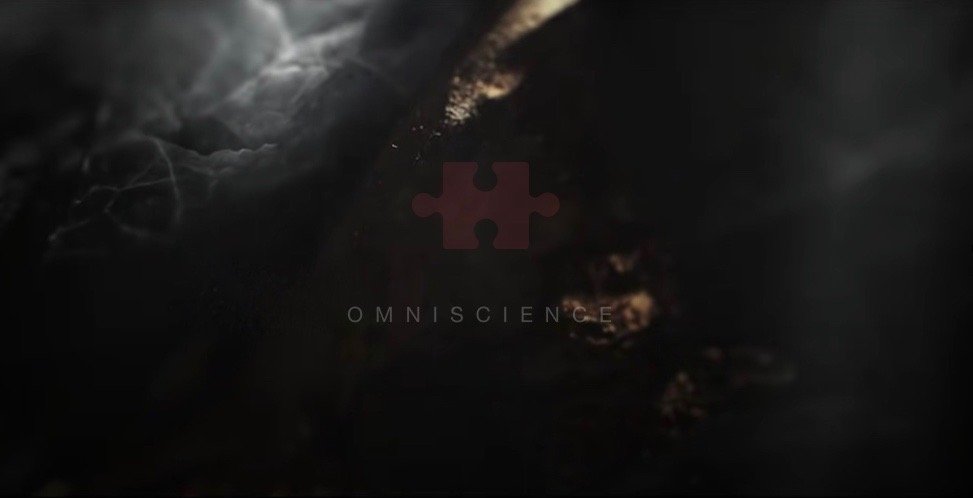

M A K E I T S T A N D O U T
It all begins with an idea….
“It is difficult to say what is impossible, for the dream of yesterday is the hope of today and the reality of tomorrow. ”
“If the world and creation would be a child that would listen to our conversations about being created by accident and chaos and there is no purpose to its life, what cruelty would we have done to this child?
Cruelty to the world and creation is not seeing its roots, cause, and purpose.”

Albert Einstein
“Imagination is more important than knowledge. For knowledge is limited to all we now know and understand, while imagination embraces the entire world, and all there ever will be to know and understand.”
We have decided to show the photograph of the young Albert Einstein. Even though we must greatly honor and respect Albert Einstein for his great achievements and the wisdom that only comes with age, it is the freedom of the mind of a child that allows it to explore our reality freely. That sense of wonder and awe, the curiosity that is mixed with great imagination is a treasure of the youth that we should try to preserve for ourselves our entire lives. The Jewish Teachings teach that the Seraphim Angels on the Ark of the Covenant had the faces of little children. That was so because God cherishes the eternal child as the best version of character a human being can achieve.
Einstein was born on March 14, 1879, in Ulm, Württemberg, Germany. Einstein grew up in a secular Jewish family. His father, Hermann Einstein, was a salesman and engineer who, with his brother, founded Elektrotechnische Fabrik J. Einstein & Cie, a Munich-based company that mass-produced electrical equipment.
Einstein’s mother, the former Pauline Koch, ran the family household. Einstein had one sister, Maja, born two years after him.
Einstein attended elementary school at the Luitpold Gymnasium in Munich. However, he felt alienated there and struggled with the institution's rigid pedagogical style.
He also had what were considered speech challenges, though he developed a passion for classical music and playing the violin, which would stay with him into his later years. Most significantly, Einstein's youth was marked by deep inquisitiveness and inquiry.
Towards the end of the 1880s, Max Talmud, a Polish medical student who sometimes dined with the Einstein family, became an informal tutor to young Einstein. Talmud had introduced his pupil to a children’s science text that inspired Einstein to dream about the nature of light.
Thus, during his teens, Einstein penned what would be seen as his first major paper, "The Investigation of the State of Aether in Magnetic Fields."
Reap What You Sow. - Omniscience
The birth of Omniscience is based on the observation that an enormous amount of knowledge and discoveries have been brought throughout time by talented people from all over the world and from all fields to society. These precious gems seem to often be scattered throughout the world. Many paramount pearls of wisdom and discoveries are standing alone or in the company of a few and we at Omniscience believe that is time to connect the dots. To explore connections that never have been made before. For that, we ask our participants to delete any preconceived notions of what is allowed to be studied or explored together or not or what a certain knowledge or research findings are allowed to reveal.
The compartmentalization of subject fields has always done a great service to society. The laser focus in specialized fields has yielded enormous amounts of life-changing results for all of society to this day. A result of the benefits of compartmentalization is also the research about the nature of algorithms that have drawn their webs throughout all industries. We understand today that blueprints, algorithms, patterns, and elegant reductions of concepts allow us to understand how to manage our society much more efficiently and seemingly supernaturally productively. With the knowledge we have today, there is no turning back. And there shouldn’t be. From here it should only be onwards.
We at Omniscience want to contribute to just that. To give people the opportunity to pass through the next gate of what this phenomenon can accomplish. By gathering fragments of knowledge and new discoveries and seeing how they as puzzle pieces fit together to get a better understanding and view onto the tapestry of reality. We at Omniscience believe this to yield not just more productivity in our daily lives but may also contribute to the betterment of our society as a whole.


